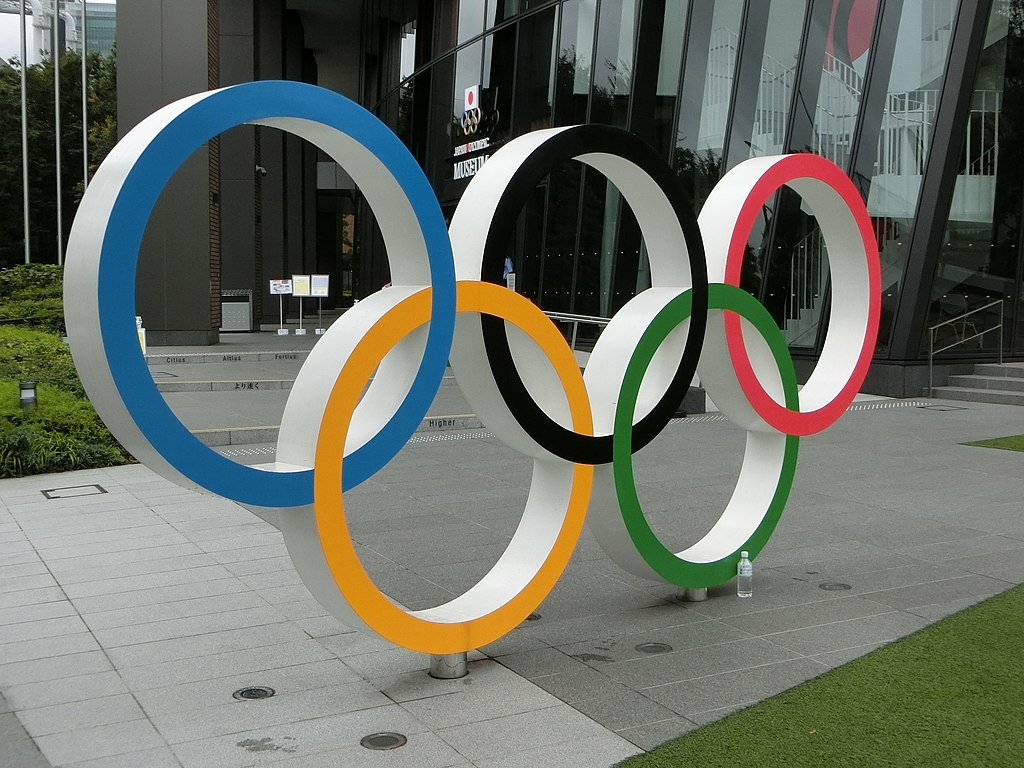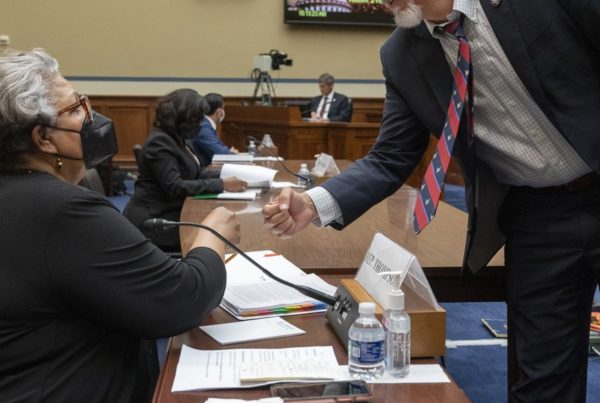The story of Tae-Kwon-do practitioner Victoria Stambaugh is rich and complicated. She was born in Pasadena, Texas and now lives in The Woodlands. She’s an American through and through, who competed in the Tokyo Olympics for Puerto Rico.
Why? Stambaugh says being Puerto Rican is part of who she is.
“I still have my family there in Guaynabo and that I see [them] regularly,” she said. “And I’ve lived in Puerto Rico throughout my lifetime, going back and forth from here to Puerto Rico. And unfortunately, my grandma passed away at 60. So I didn’t get to spend a whole lot of time with her throughout my childhood. But her and her sisters, my aunts were very, very close to her. And so I consider them now as my grandmas. And so it’s through my dad’s side of the family that I wanted to represent Puerto Rico.”
When Jasmine Camacho-Quinn won the gold medal in hurdles for Puerto Rico this summer, Stambaugh was excited. Besides bringing pride to her and to Puerto Rico, Camacho-Quinn’s win opened up a dialog about multi-nationality Olympians.
“Americans, we have different backgrounds,” Stambaugh said. “And this is something that’s been going on for a long time. This is very, very common. You have a lot of U.S. athletes competing in all different kind of sports that are competing for different countries, not just Puerto Rico, but Mexico… China… And at the same time, you have different athletes from different countries competing for the U.S. So it happens all the time and it happens for different reasons and different purposes, different opportunities.”
Nonetheless, she says, when athletes compete for a country, they fully embody whichever flag they wave. Stambaugh embodies that idea, too.
“I love being able to be relatable to my local Houstonians here in Texas. So I think it’s really, really cool that I have something a little different that I can be relatable to not only my the Puerto Ricans that I represent, but also to the Americans that I represent back here at home,” she said.
Stambaugh is hardly alone in her experience of having more than one national identity. Professor Gijsbert Oonk is a global historian who teaches at Erasmus University in Rotterdam. One of his many specialties is sports and national identity.
He says borders are man-made constructs and have a history of changing.
“If you are born on one side of the border,” he said “you are considered to be an American with American values. And then for whatever reason, if you are born at the other side of the border, then suddenly you are a Mexican with Mexican values and a different language and a different educational system in our health care system, et cetera, et cetera and those borders are constructs.”
Oonk, being Dutch, has paid particular attention to this.
“If you look at how borders changed over time,” he said “including the Mexican-U.S. border or the Canadian-U.S. border. But in Europe we have a huge history of changing borders. Then you start to realize that it’s really a construct and it’s only by accident that most of us are now considered to be American or Mexican or in my case, Dutch or non-Dutch.”
It has surprised Oonk that over many decades, even as we perceive the world to be more interconnected, the percentage of athletes in the Olympics representing countries different from those where they were born or raised has not increased.
The debate over athletes with duel citizenship is another surprise.
“So in the Netherlands,” he said “we have a lot of football players who can play for Morocco but also can play for the Netherlands. And whenever they have to choose, there is a huge debate. And if they choose for the Netherlands, then the media are very optimistic. And if they choose from Morocco, then their loyalty is so supposedly at stake. And I remember in the U.S., the same issue.”
Oonk says questions about an athlete’s true national loyalty come down to politics.
“Well, identity is not fixed. It’s very fluid and flexible. And what I see is that there is increased debate on these kind of issues, which has to do with, I think, right-wing nationalism that we see in in the U.S., in Canada and in Europe the like,” he said.













